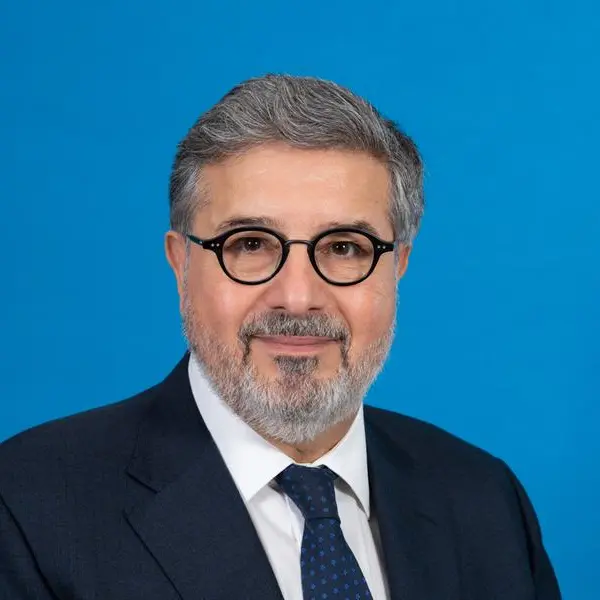PHOTO
His Excellency, Dr. Reda Hegazy, Minister of Education and Technical Education, and Mr. Mohsen Sarhan, CEO of the Egyptian Food Bank, have officially renewed their collaboration protocol, solidifying their commitment to supplying 70,000 students in public schools with nutritious meals enriched with essential elements.
This program reflects the concerted efforts of the ministry alongside various governmental and non-governmental entities. The overarching goal is to support programs that enhance and advance the educational system by nurturing a generation that is not only academically proficient but also physically healthy and well-rounded, achieved through the provision of balanced and nutritious meals.
During the signing ceremony, His Excellency Dr. Hegazy extended a warm welcome to attendees, emphasizing President Abdel Fattah El-Sisi's 2018 announcement of the Egyptian Person Building Strategy. This strategy focuses on fostering the comprehensive growth of students by addressing their character, health, physical well-being, emotional resilience, and mental health. Dr. Hegazy underscored the pivotal role of the Egyptian Food Bank in facilitating this development, particularly in impoverished areas where children face nutritional challenges, impacting their academic performance adversely.
Additionally, the minister expressed gratitude to the Egyptian Food Bank, commending their approach of establishing kitchens within schools and actively involving parents in meal preparation for their children.
Dr. Hegazy further highlighted that the renewed cooperation protocol aims to expand the scope to additional governorates covered by the protocol focusing on remote areas, ensuring that the service reaches there. The Egyptian Food Bank’s cooperation with the ministry in choosing the targeted places, especially the areas of “Hayah Kareema” initiative aims to enhance the quality of life for underprivileged families.
“Our collaboration with the Ministry of Education is dedicated to providing daily hot meals to students, supporting their health for both intellectual and physical development. This, in turn, enhances their future efficiency and helps address nutrition-related challenges such as stunting, anemia, and others. The impact of the agreement extends to educating students and parents about adopting a healthy diet through innovative educational and recreational programs, aiming to prevent malnutrition and contagious diseases,” Mohsen Sarhan, CEO of the Egyptian Food Bank, stated.
Sarhan added, “The agreement also seeks to empower women economically by involving mothers in the preparation of meals distributed to students. These women will receive training in food and occupational safety, which will entitle them with compensation for their work, and contribute to raising awareness about the importance of healthy food. All this will be attained under full supervision to ensure the quality of the meals provided to the students.”
The protocol aims to provide daily, healthy, and nutritionally balanced meals for students, playing a crucial role in enhancing concentration, improving mental abilities, and promoting the overall health of our children. This addresses the temporary hunger experienced by students during the school day, thereby boosting their academic achievements and breaking the poverty cycle in the long term.
In addition to fostering awareness among students and parents about adopting healthy dietary practices, the protocol emphasizes implementing innovative educational and entertaining programs, making schools appealing to students to increase attendance and reduce dropout rates. Additionally, the protocol aims to create new job opportunities within schools where the program is implemented, contributing to improving the economic status of Egyptian families. This effort alleviates financial and familial burdens on parents, besides providing their children with healthy and nutritious meals. The program also seeks to establish a positive collaborative educational and social environment through the contributions and initiatives of the Egyptian Food Bank within schools.
The protocol targets students in basic education stages, including primary and preparatory levels in government schools, with the possibility of adding vocational and technical schools to enhance the benefits and community participation. The program will be implemented across 27 governorates The protocol will be executed over a five-year period starting from the current academic year 2023/2024 and concluding at the end of the academic year 2028/2029.
-Ends-
About Egyptian Food Bank
The Egyptian Food Bank was established in 2004 as a non-governmental organization aimed at achieving food security in Egypt, and for ninteen years, the Food Bank has continued to support the underprivilege families in Egypt who face difficulties and challenges in obtaining sufficient, safe and nutritious food, which directly contributed to alleviating the suffering from hunger at the national level.


















